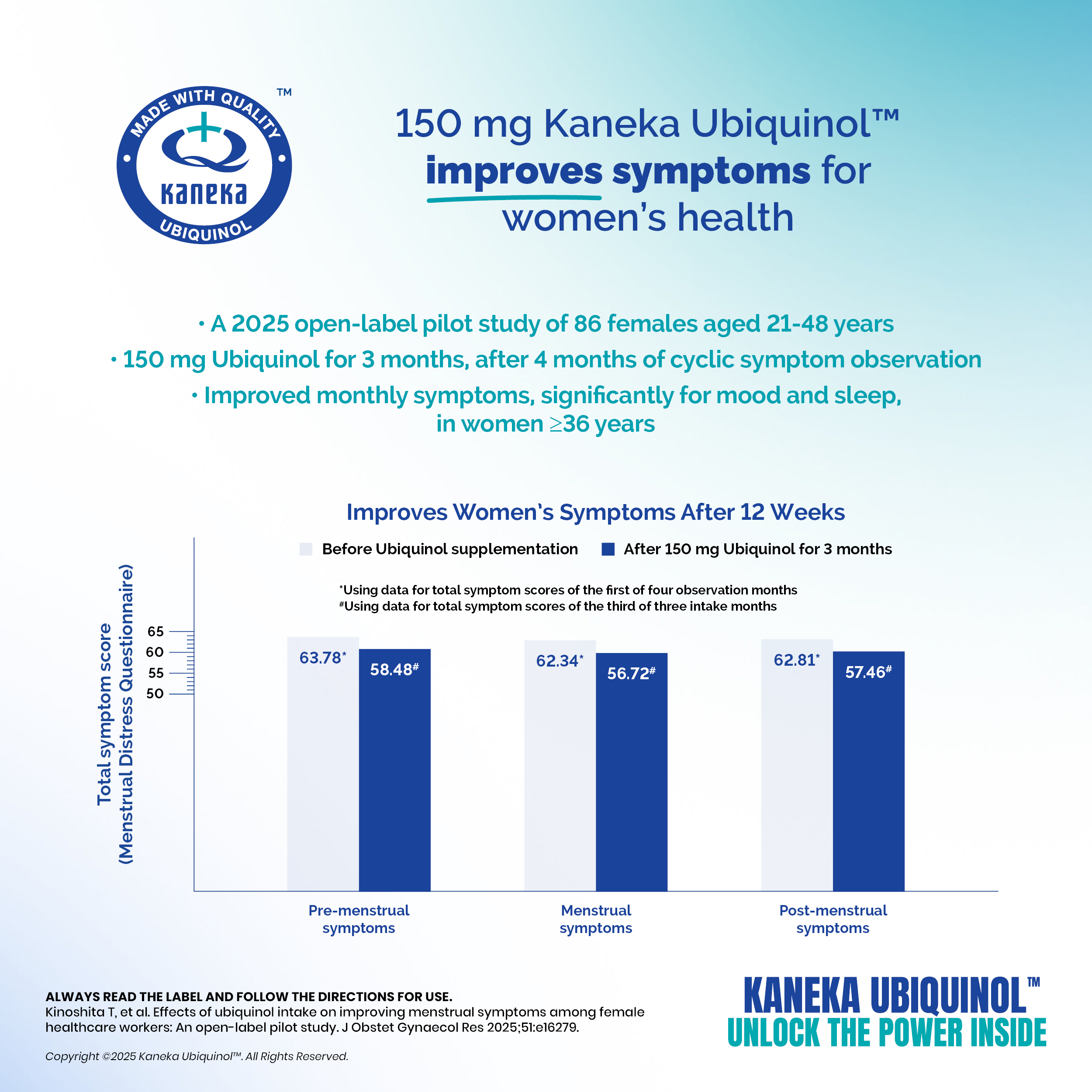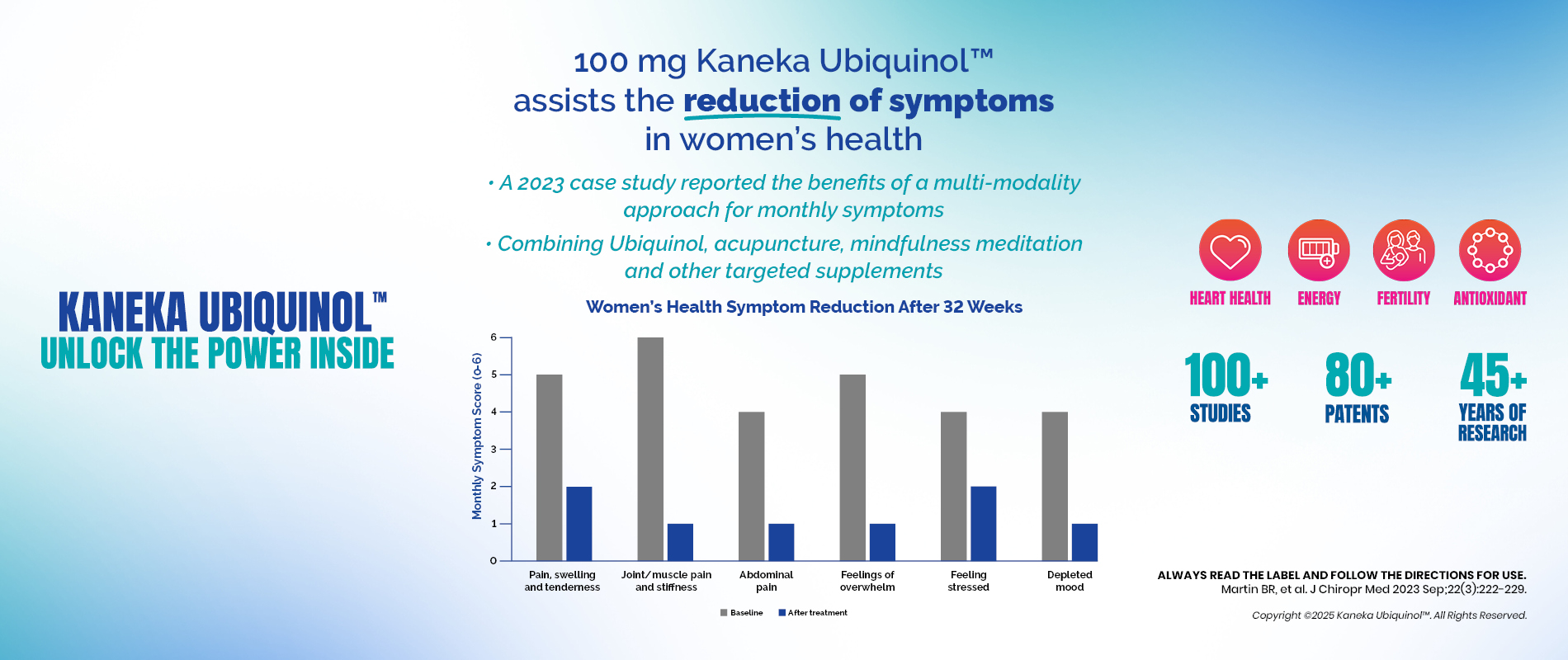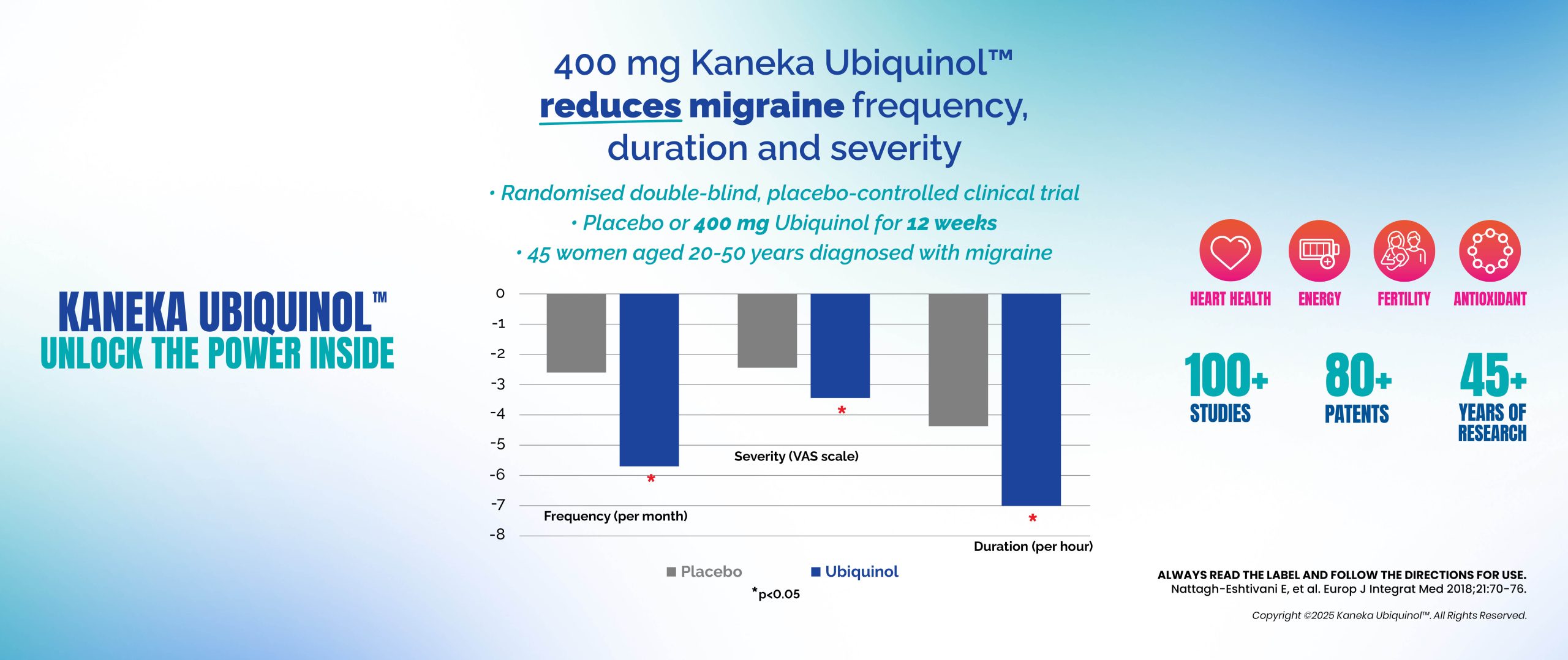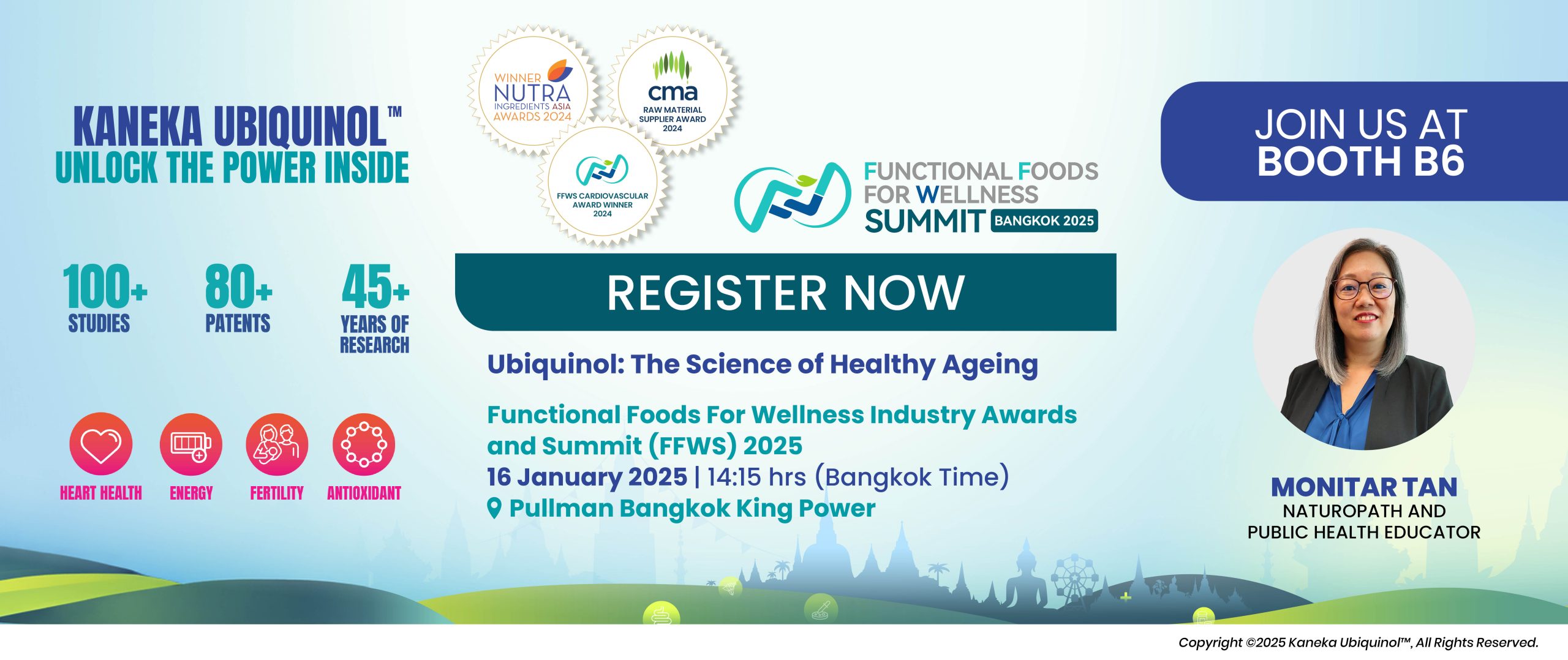We caught up with Eloise Wellings, two-time Olympic runner and three-time Commonwealth Games athlete, to discuss How to Keep your Heart Healthy Naturally and energy levels up in the lead up to World Heart Day!
This year’s World Heart Day on September 29 is centred around encouraging global citizens to make a promise regarding dietary, fitness, health and lifestyle changes at work and at home for a longer, better, heart-healthier life for someone they love or care about.
Increasingly, natural evidence-based therapies are in the spotlight to support heart health with researchers reporting advances in the understanding of their role. These therapies are providing an option for healthcare practitioners seeking natural approaches to support their patients’ cardiovascular health.
At age 36, with a busy schedule juggling motherhood, as well as being a Ubiquinol ambassador, the founding director of her charity Love Mercy, and a professional athlete—maintaining a heart healthy diet and exercise routine is vital to support optimal health.
Here are her top five tips for keeping your heart in tip-top shape, naturally:
- Lean to manage your stress levels
While this is easier said than done—it’s important to keep your stress levels in check as this may have an impact on your heart health[i]. We all handle stress differently, especially when it comes to things like unexpected bills, car breakdowns, family emergencies, and other common daily challenges. Remember that mental health can be reflected in our physical health. Investing in your psychological and social wellbeing can leave your heart feeling fuller and healthier.[ii]
- Move In The Morning
Exercise has incredible benefits not only for your weight and mental health, but specifically for your heart. Getting up and exercising in the morning has several benefits: you’re more likely to be motivated to work out, you’ll work out regularly, and you’ll also burn more fat than if you exercised later in the day. You’ll also find that you’ll sleep better, which may help to regulate your weight.[i]
My top tip? Find exercise that doesn’t necessarily feel like ‘exercise’, whether it be taking the stairs instead of the elevator, power walking instead of leisurely walking, or even dancing—aim to move and increase your heart rate for at least 30 minutes every day if possible.
- Boost Your Energy
Ubiquinol – a naturally-occurring nutrient which is produced by the body and is an active form of the antioxidant Co-enzyme Q10 – may help to improve your energy levels, which could be flagging after winter.[ii] A daily supplement can help restore a bounce to your step! It is my go-to everyday supplement!
- Try Something New
Have you ever wanted to go rock climbing, challenge yourself at the barre, or hit the ocean on a stand-up paddle board? Summer is the time to head out there! You’re more likely to stick to something if you enjoy it – so there’s no point running the same 5km course if you simply don’t like it. Try something else instead!
- Ramp up your social activities with friends and family
There are many health benefits to having strong relationships—including improving your heart health [iii]. Research has shown that people who maintain healthy friendship networks helps reduce stress and improves heart variability—leading to a longer and happier life.[iv]
My top tip? Meet one of your friends for your morning workout and you’ll reach your goals even quicker. This is because you’ll be less likely to skip exercising if somebody is relying on you, plus you’ll enjoy the hard slog when there’s somebody there to share the pain!
Speak to your healthcare practitioner to find out which supplement is right for you. Always read the label and use only as directed.
[i] https://www.ncbi.nlm.nih.gov/pmc/articles/PMC3632337/
[ii] https://www.ncbi.nlm.nih.gov/pmc/articles/PMC3661336/
[ii] https://www.heart.org/en/healthy-living/healthy-lifestyle/stress-management/stress-and-heart-health
[iv] https://www.ncbi.nlm.nih.gov/pubmed/15564353













